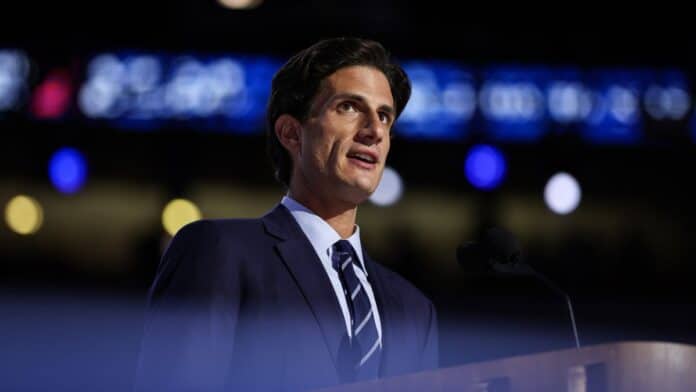The Seattle mayoral race is headed for a potential taxpayer-funded recount as progressive challenger Katie Wilson has overtaken incumbent Mayor Bruce Harrell by a razor-thin margin. With just 1,346 votes separating the candidates—50.1% of the total—Washington state law could soon trigger an automatic machine recount, the first in a Seattle mayoral contest in over two decades.
Under Washington law, an automatic recount is required if the margin is under 2,000 votes and less than 0.5% of total votes cast. With roughly 1,500 ballots remaining and a margin hovering just above the threshold, the city is bracing for what could be a prolonged and costly battle.
King County Elections officials estimate the recount could cost Seattle taxpayers around $400,000, depending on final ballot totals and recount logistics. If the final margin disqualifies the race from an automatic recount, either candidate could still request one—but would have to pay the cost upfront unless the outcome is reversed.
So far, 273,996 ballots have been counted. A candidate-requested machine recount would require a deposit of $41,099, while a hand recount would cost $68,499. Late-counted ballots from progressive-leaning neighborhoods like Capitol Hill have shifted momentum in Wilson’s favor—a common trend in Seattle elections.
Originally trailing by over 10,000 votes on Election Day, Wilson has steadily gained ground. Her campaign manager Alex Gallo-Brown declared cautious confidence: “We want to wait until every vote has been counted to declare victory, but we believe that we’ve won this race.”
If Wilson’s lead holds, she would become mayor after one of the tightest races in city history, rivaling only the 2001 contest where Greg Nickels edged out Mark Sidran by just over 1%.
Mayor Harrell’s campaign has not commented publicly on the latest developments.















